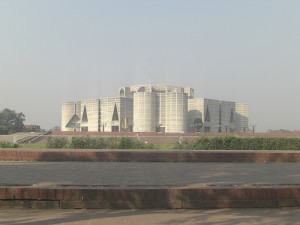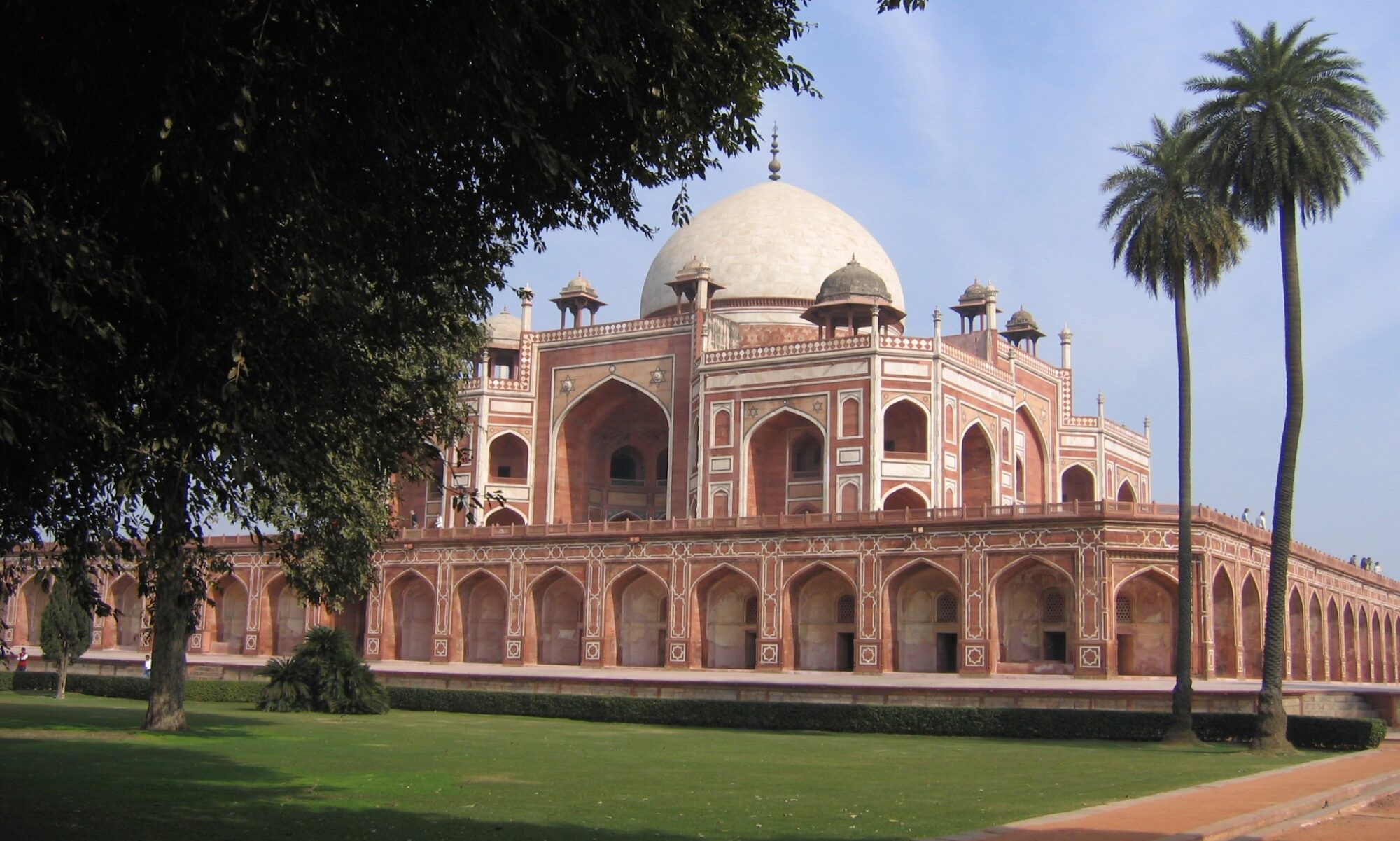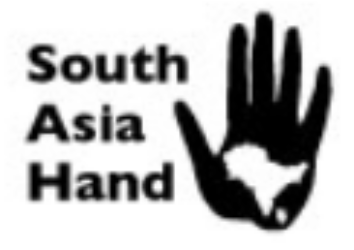
January 8, 2014: Bangladesh’s January 5 parliamentary election dealt a serious blow to the country’s fragile democratic institutions. With major opposition parties boycotting the voting and violently pressing their demand that the polling be held as before under a caretaker administration, the ruling Awami League and its allies won a huge majority of the seats, over half of them without a contest. The United States and other concerned foreign governments and international organizations have criticized the way the elections were conducted and the violence that marred them. They have vowed to keep pushing for an agreement that will set the stage for more credible fresh elections.
Prospects for such a settlement in the near future are not promising. The reelected government and the opposition, led by bitter rivals renowned for their stubbornness, disdain for one another, and unwillingness to admit error, are likely to hang tough. They and their supporters will be more influenced by the impact the political situation and the violence that accompanies it have on the country’s key ready-made garment industry than by the admonitions of friendly and concerned foreign governments.
***
Elections are more crucial in Bangladesh than in many other practicing democracies because of its winner-take-all system of government. The winners can expect virtually unlimited political and economic power and privilege during their five-year term in office. They can award government jobs at all levels to their supporters, arrange lucrative government contracts and other financial benefits for their cronies, and engage in practices that have led Transparency International to place Bangladesh high on its index of countries perceived to be among the most corrupt in the world. The government also has the power – frequently used – to make life difficult for their opponents. The political opposition has little opportunity to exert influence in parliament, and frequently boycotts sessions to highlight its political grievances. It views the government as hostile if not illegitimate and looks for opportunities to force it out of office. The concept of a loyal opposition is unknown in Bangladesh.
To assure that elections were free and fair, the major political parties agreed in 1996 to a uniquely Bangladeshi arrangement. This provided for the appointment of a non-political caretaker administration to hold office during a three-month period before the voting. Its sole responsibility was to prepare for the election and conduct the balloting. Prompted by the contending parties’ not unjustified concern that the one in power would rig the election, this pioneering constitutional provision generally worked well. The aborted election of 2006 ran into trouble when the ruling Bangladesh National Party (BNP), then as now led by Khaleda Zia, connived to have one of its supporters lead the caretaker government, and the Awami League (AL) withdrew from the race. The election finally took place under a caretaker government in 2008. In every election that took place under a caretaker government, the party that had last been in opposition has won.
In 2011 Prime Minister Hasina’s Awami League-led coalition government amended the constitution to abolish the caretaker government provision and keep the ruling government (in this case hers) in office through the election period. Although the Awami League had originally demanded the caretaker system and had won two elections (out of three) under its framework, Hasina evidently was not willing to take her chances given the anti-incumbency sentiment characteristic of Bangladeshi elections. The opposition bitterly protested, vowing not to take part in parliamentary elections unless the caretaker approach was restored. Hasina refused, setting the stage for the prolonged political crisis now confronting Bangladesh.
The dispute over the conduct of the election was only one feature of the increasingly turbulent political scene that marked the last years of Hasina’s government. Another was the establishment of a special tribunal to try leaders of the Jamaat-i-Islami, an Islamist party now allied with the BNP, who had sided with Pakistan in the 1971 liberation war and allegedly participated in the atrocities that accompanied it. The court’s procedures were widely criticized by international and Bangladeshi human rights groups, legal authorities and others. But Hasina took a special interest and indeed pride in its actions and insisted that they continue. In this she was supported by a movement sparked by mostly middle-class younger activists who for months engaged in non-stop demonstrations calling for the execution of the convicted Jamaat leaders and the banning of the party.
The court began sentencing the accused in February 2013. The first execution took place in mid-December. Following the initial conviction the Jamaat and its associated student organization went on a rampage. Their violent activity against government officials, AL-sympathizers, and, most egregiously, Bangladesh’s Hindu minority, continued throughout 2013. The BNP gave at least passive support to the Jamaat’s agitation, further heightening political tensions and animosity as the January election date drew closer.
Against this violent and unpromising background, foreign governments and organizations stepped up their efforts to persuade the government and the opposition to break the impasse and take part in what they termed “free, fair, credible, and peaceful elections.” Secretary of State John Kerry, UN General Secretary Ban Ki-moon, and other prominent foreign leaders reinforced the public and private call for discussion and compromise repeatedly made by locally accredited diplomats and important visiting foreign officials. But the two sides became increasingly uncompromising. In their first direct contact in many years, Sheikh Hasina and Khaleda Zia only succeeded in insulting one another in a rancorous phone conversation leaked verbatim to the press. Lower level party leaders made some contact, but given the way power is structured in the BNP and the Awami League, nothing came of these conversations.
One key country that did not participate in these compromise-seeking efforts was India. The Indians have traditionally maintained close ties with Sheikh Hasina and the Awami League. New Delhi’s relations with the BNP improved following Khaleda Zia’s visit to India in 2012, but her evident support for the Jamaat and for the upheavals it triggered following the war crimes verdicts led to a fresh downturn. India’s explicit preference for an Awami League victory, and its decision not to question the legitimacy of the election, reflect both traditional Indian National Congress sentiment and important policy issues. These include the Hasina government’s crackdown on Islamic and other anti-India extremists operating from bases inside Bangladesh (which the Indians quite rightly contrast with the last BNP government’s much less forthcoming approach) and Hasina’s politically courageous efforts to reach out to India.
Despite the renewed efforts of foreign government and the UN to persuade the contending sides to reach a compromise settlement, near-term prospects for such a breakthrough are not promising. The election has put Hasina in the catbird seat. The police and the bureaucracy have remained loyal to her government, and the military has faithfully helped maintain law and order during the election period. Never one for serious introspection, she has no doubt concluded that she won the election fairly. She has said she is willing to hold fresh elections, but she will continue to dismiss the opposition’s demand that they be carried out by a caretaker government. Others in the AL leadership will not challenge her position.
Begum Khaleda Zia is in a much weaker position. Intense protests failed to prevent the election. The BNP faces five more years in the political wilderness, this time without any parliamentary representation. The party could have difficulty maintaining a high level of action in the streets and may be forced to rely increasingly on the Jamaat and its student wing to keep this going. Under these trying circumstances Khaleda may be ready to make some concessions. She has already indicated that she might be willing to dissolve the BNP’s alliance with the Jamaat, as the Awami League is demanding. But it seems improbable that she would agree to compromise on the key issue of the election framework. Nor is she likely to face a serious revolt in the party designed to force her to reach a settlement acceptable to a triumphant Hasina.
Some commentators had speculated earlier that if no compromise were reached and violence continues, the army might step in, as it did in the crisis sparked by the aborted 2006 election. But unless the situation on the ground seriously deteriorates and the police and civil authorities are unable to maintain an acceptable level of law and order, the military is unlikely to make such a move. The present leadership of the armed forces has shown no evident interest in taking over the government. Their calculations will also be influenced by concern that a coup could jeopardize Bangladesh’s participation in U.N. peacekeeping activities, a major source of income for the military as well as of national pride.
The one development that might lead the contending forces to look for some kind of mutually acceptable solution would be a serious deterioration in Bangladesh’s economic situation. Its ready-made garment industry, the second largest in the world, accounts for 75 percent of the country’s exports. During December alone, there were 26 days of work stoppage due to election protests. These confrontations, coming after a series of workplace safety disasters, seem to have blunted the growth of textile exports, though it is too early to tell how serious and lasting that will be. Bangladesh has become a much more prosperous country in the last twenty years so an economic crisis will impact many more people, and do so more forcefully than before. The extent of such a setback will depend importantly on the opposition’s ability to maintain a popular movement in the streets over the long term, a questionable proposition.
However, the Bangladesh government will be consumed by short-term concerns for law and order, and will be even more reluctant than usual to make significant decisions affecting the economy. All governments for the past twenty years have seen their effectiveness decline over time, with rising discontent among politicians and the people hemming the government in during the five year parliamentary term. Hasina’s government is unlikely to be pushed out in the near term, but will feel these pressures.
As for Bangladesh’s international friends, they need to play a longer game. They have no action-forcing deadline to work with in the near term, and in any case their much repeated admonitions yielded few results. The months ahead are likely to be tough ones for the country, but more promising opportunities for a new effort to address the country’s political troubles could come later.
Howard and Teresita Schaffer


Excellent coverage in contrast to both the NY Times and the Post. Do either of them have a full time reporter on Bangladesh?